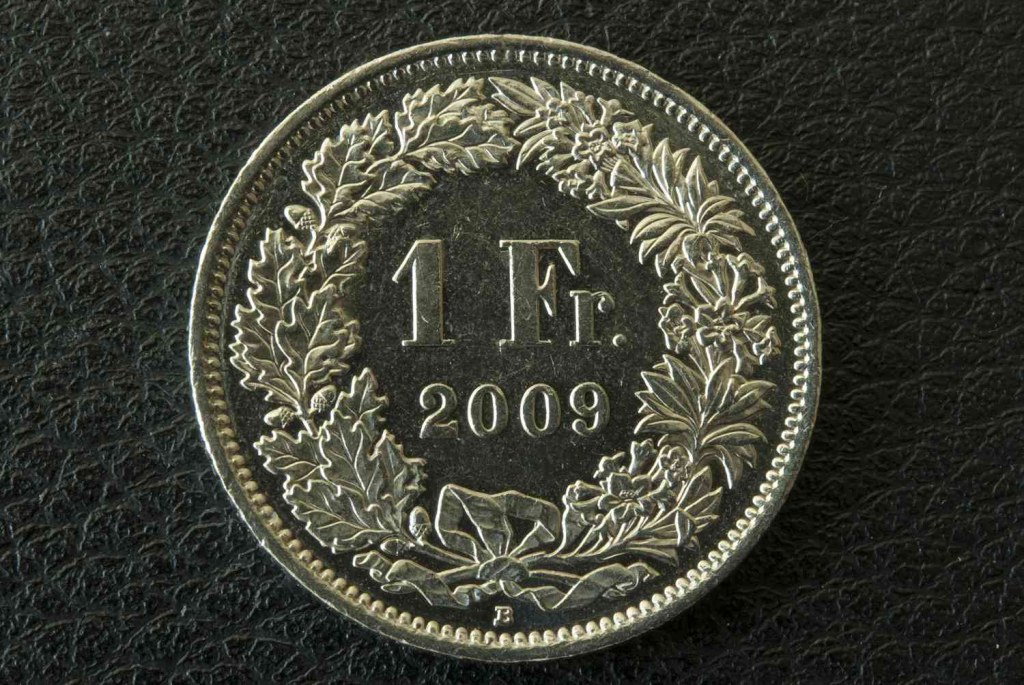Master The Art Of Investing In Swiss Francs: Your Ultimate Guide On How To Invest In Swiss Francs
How to Invest in Swiss Francs
Introduction
Hello, Swiss Enthusiast! Are you interested in investing in Swiss Francs? The Swiss Franc is known for its stability and is considered a safe haven currency. In this article, we will guide you on how to invest in Swiss Francs and provide you with valuable information to help you make informed investment decisions.
1 Picture Gallery: Master The Art Of Investing In Swiss Francs: Your Ultimate Guide On How To Invest In Swiss Francs

Overview
The Swiss Franc is the official currency of Switzerland and Liechtenstein. It is widely recognized as a reliable and stable currency, making it an attractive investment option for many investors. Investing in Swiss Francs can provide diversification to your investment portfolio and protect against currency fluctuations. Now, let’s dive into the details of how to invest in Swiss Francs.
What is Swiss Franc?

Image Source: thebalancemoney.com
The Swiss Franc, denoted as CHF, is the currency used in Switzerland and Liechtenstein. It is one of the few currencies in the world that is not part of the European Union. The Swiss Franc is known for its strong value and stability, making it a popular choice for investors.
Who Can Invest in Swiss Francs?
Investing in Swiss Francs is open to both individuals and institutional investors. Whether you are an individual looking to diversify your investment portfolio or a large corporation seeking to hedge against currency risk, investing in Swiss Francs can be a suitable option for you.
When Should You Invest in Swiss Francs?
Timing is crucial when it comes to investing in any currency, including Swiss Francs. The value of the Swiss Franc can fluctuate based on various factors such as economic conditions, global events, and monetary policies. It is important to carefully analyze these factors and consult with financial experts to determine the right time to invest in Swiss Francs.
Where Can You Invest in Swiss Francs?
There are several ways to invest in Swiss Francs. You can choose to invest directly in the currency through forex trading platforms or invest in Swiss Franc-denominated assets such as bonds, stocks, or ETFs. Additionally, Swiss Francs can be held in bank accounts or through specialized investment vehicles.
Why Should You Invest in Swiss Francs?
Investing in Swiss Francs offers several advantages. Firstly, the Swiss Franc is considered a safe haven currency, which means it tends to retain its value during times of global economic uncertainty. This provides stability to your investment portfolio. Secondly, Switzerland has a strong and stable economy, making it an attractive investment destination. Lastly, investing in Swiss Francs can provide diversification to your portfolio, reducing risk exposure.
How to Invest in Swiss Francs?
There are multiple ways to invest in Swiss Francs. One option is to open a forex trading account and trade CHF pairs. This allows you to speculate on the currency exchange rate movements. Alternatively, you can invest in Swiss Franc-denominated assets such as government bonds, stocks, or ETFs. These investments can be made through brokerage accounts or specialized financial institutions.
Advantages of Investing in Swiss Francs
1. Stability: The Swiss Franc is known for its stability, making it a reliable investment option.
2. Safe Haven Currency: The Swiss Franc is considered a safe haven currency, providing protection during times of economic uncertainty.
3. Diversification: Investing in Swiss Francs can help diversify your investment portfolio and reduce risk exposure.
4. Strong Economy: Switzerland has a strong and stable economy, making it an attractive investment destination.
5. Currency Hedge: Investing in Swiss Francs can act as a hedge against currency risk.
Disadvantages of Investing in Swiss Francs
1. Low Interest Rates: Swiss Franc investments may offer low interest rates, limiting potential returns.
2. Currency Fluctuations: Despite its stability, the Swiss Franc can still experience fluctuations in value, impacting investment returns.
3. Limited Market Size: The Swiss Franc market is relatively small compared to other major currencies, which may limit investment opportunities.
4. Regulatory Risks: Changes in Swiss regulations or monetary policies can impact your investments in Swiss Francs.
5. Exchange Rate Risk: If you are investing in Swiss Franc-denominated assets, exchange rate fluctuations can affect your returns when converting back to your local currency.
Frequently Asked Questions (FAQs)
1. Can I invest in Swiss Francs as a non-Swiss resident?
Yes, investing in Swiss Francs is open to both Swiss residents and non-residents. You can invest through various financial institutions or forex trading platforms.
2. What are the tax implications of investing in Swiss Francs?
Tax implications may vary depending on your country of residence. It is advisable to consult with a tax professional to understand the tax regulations related to investing in foreign currencies.
3. Are there any restrictions on repatriating funds invested in Swiss Francs?
There are generally no restrictions on repatriating funds invested in Swiss Francs. However, it is essential to be aware of any currency control regulations in your home country.
4. Is investing in Swiss Francs considered a long-term or short-term investment?
Investing in Swiss Francs can be both a long-term and short-term investment strategy. It depends on your investment goals and risk tolerance. Some investors may choose to hold Swiss Francs as a long-term hedge, while others may engage in short-term trading for profit.
5. What are the risks associated with investing in Swiss Francs?
Investing in any currency involves risks. The risks associated with investing in Swiss Francs include currency fluctuations, regulatory changes, and economic conditions. It is important to conduct thorough research and seek professional advice to mitigate these risks.
Conclusion
In conclusion, investing in Swiss Francs can provide stability, diversification, and a hedge against currency risk to your investment portfolio. Whether you choose to trade forex or invest in Swiss Franc-denominated assets, it is crucial to stay informed about market conditions, seek professional advice, and carefully assess the advantages and disadvantages before making investment decisions. Start exploring the world of Swiss Franc investments and unlock the potential benefits it offers.
Final Remarks
Disclaimer: The information provided in this article is for educational purposes only and should not be considered as financial advice. Investing in Swiss Francs or any other currency carries risks, and it is recommended to consult with a qualified financial advisor before making any investment decisions. The author and the website are not responsible for any losses incurred by the readers.
This post topic: Swiss



